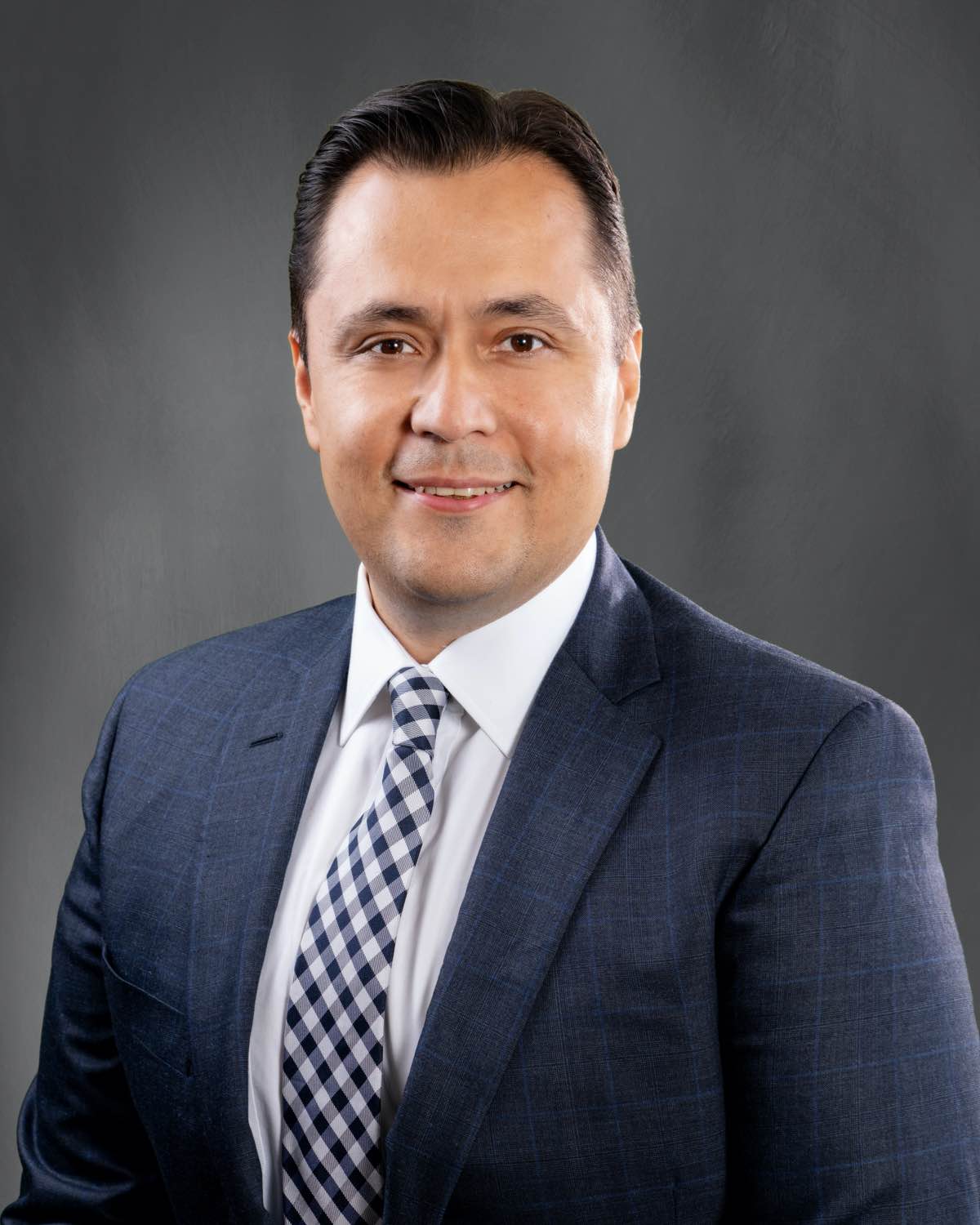Enrique Aradillas-Lopez, MD
Neurologist
When I was five, my brother, who was 10, developed this thing where, every time he coughed, the skin under his collarbone bulged in the shape of a little ball, always in the same spot. We lived in a small, remote town in Mexico, but my parents took him to see countless doctors. None could tell them why it was happening or what it meant. And the longer they went without an answer, the more concerned my parents became.
Finally, we met with a pediatric vascular surgeon in Mexico City—my entire family was there, including my younger sister. He knew instantly what was wrong (venous aneurysm) and what needed to be done (surgically remove the affected part of the vein). As young as I was, I could see the relief wash over my parents. It had an immediate calming effect on them.
That moment stayed with me and ultimately inspired me to pursue medicine. I wanted to be able to calm my patients the same way that surgeon did my parents all those years ago. When someone visits a doctor, regardless of their reason, they’re at their most vulnerable. Maybe I’ve known that since I was five. What I’ve learned since, in gravitating to pain management, is that listening—truly listening—and providing some measure of comfort is as essential to my patients’ wellbeing as the treatment.
I specialize in neurology because the brain is straightforward. There’s no ambiguity between the symptom and its source in the brain. Pain is the same way. When you’re hurt, it activates your nervous, endocrine, and immune systems. Recent research indicates that chronic pain stems, in part, from an overactive immune system, not unlike an autoimmune disease.
The majority of my patients experience chronic pain. Regardless of the type, I rely on medications that regulate the immune system for their treatment. Depending on the kind, they can stimulate or suppress the immune system, which helps the body fight infection, a range of diseases—including cancer— and chronic pain.
I’ve dedicated my career to better understanding and treating pain. While I may not always be able to provide a cure, I always provide comfort. In many ways, that pursuit has shaped who I am. I describe myself as an introvert. I’m most comfortable when I’m with my wife and our two young sons, searching for bugs and birds that stir their curiosity. But when I’m with my patients, I feel compelled to put myself out there a little further—to meet their vulnerability with my own.
My practice welcomes referrals for most brain and spine disorders, and we accept most major insurance providers, as well as Medicare.
Request an Appointment
Submit an appointment request on our patient portal or contact our New Jersey and Pennsylvania campuses to speak with a patient advocate.


